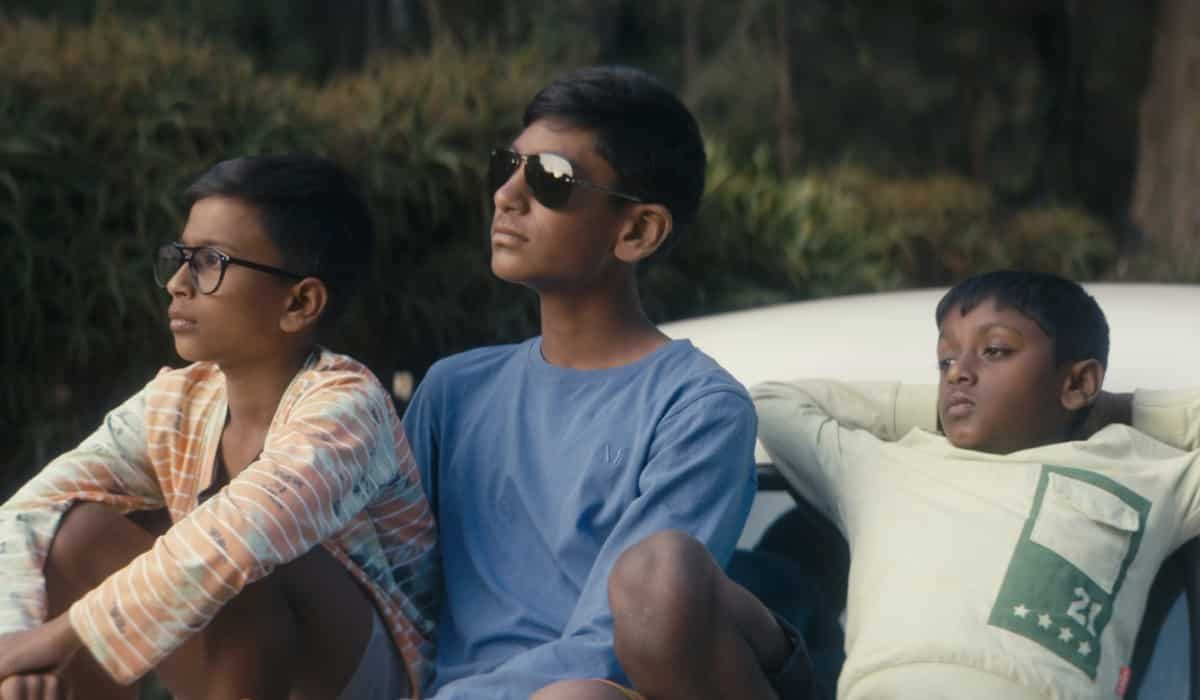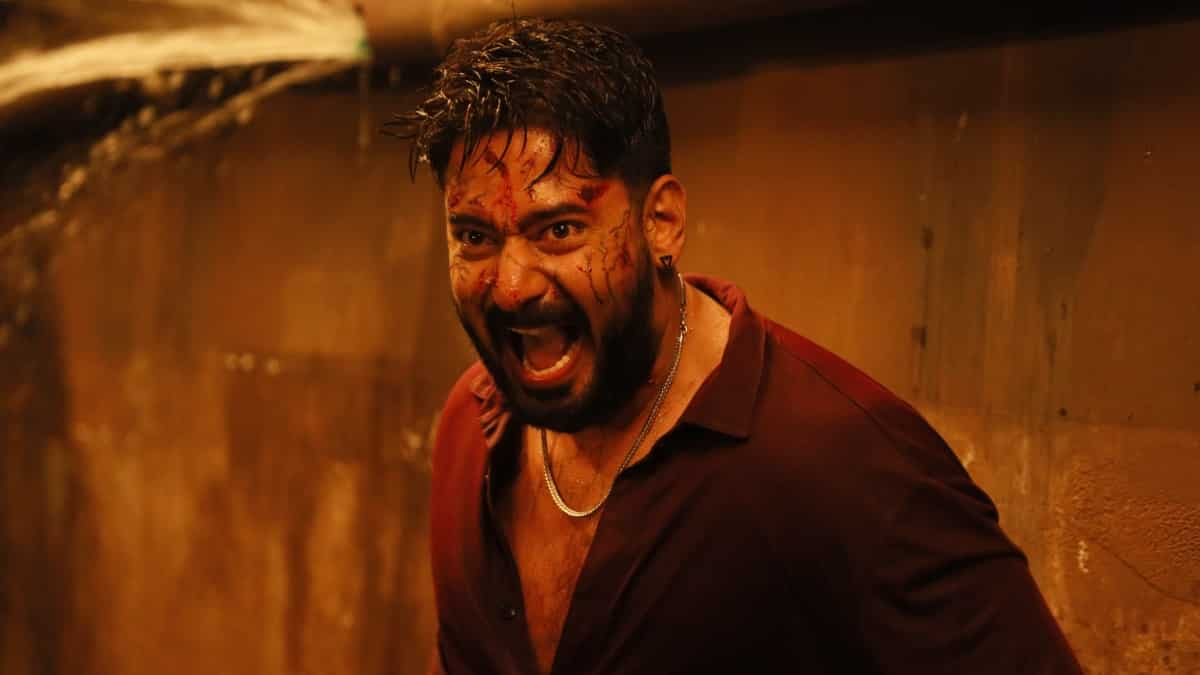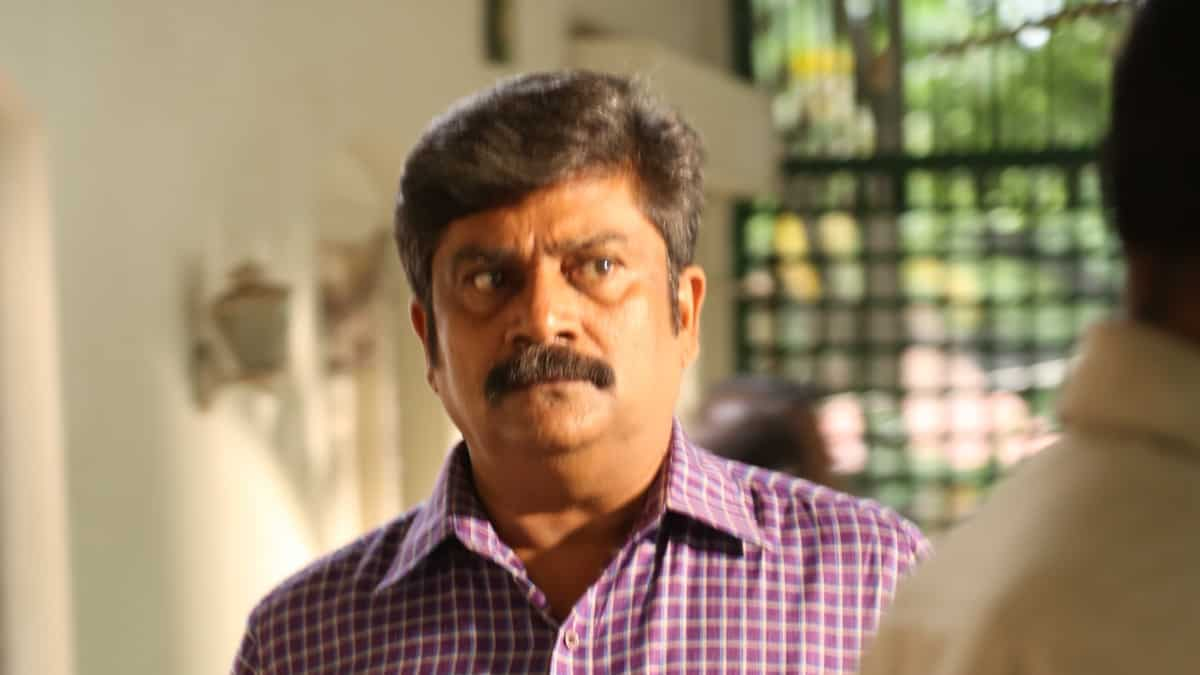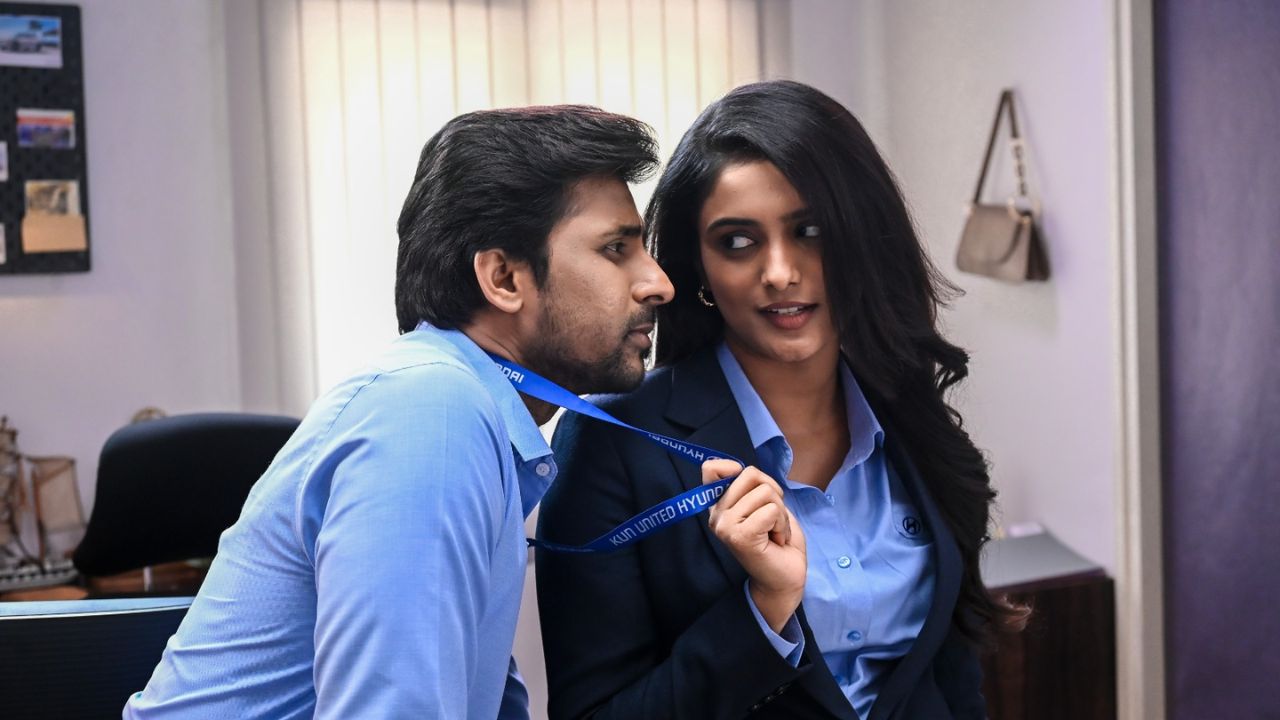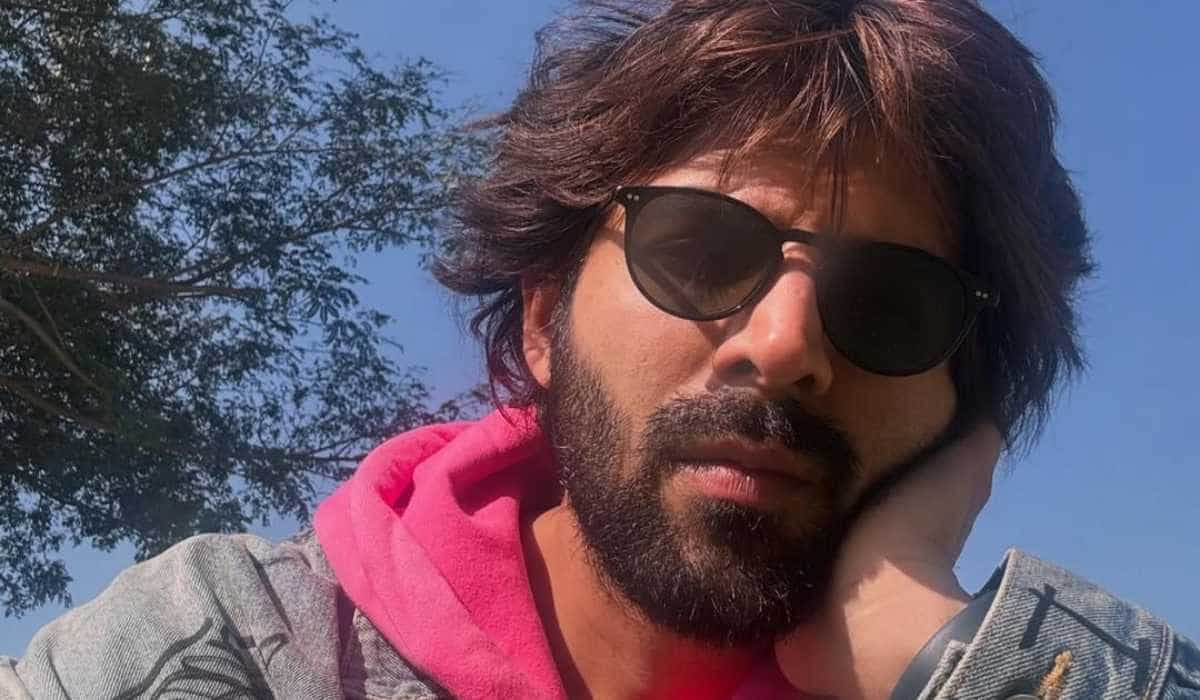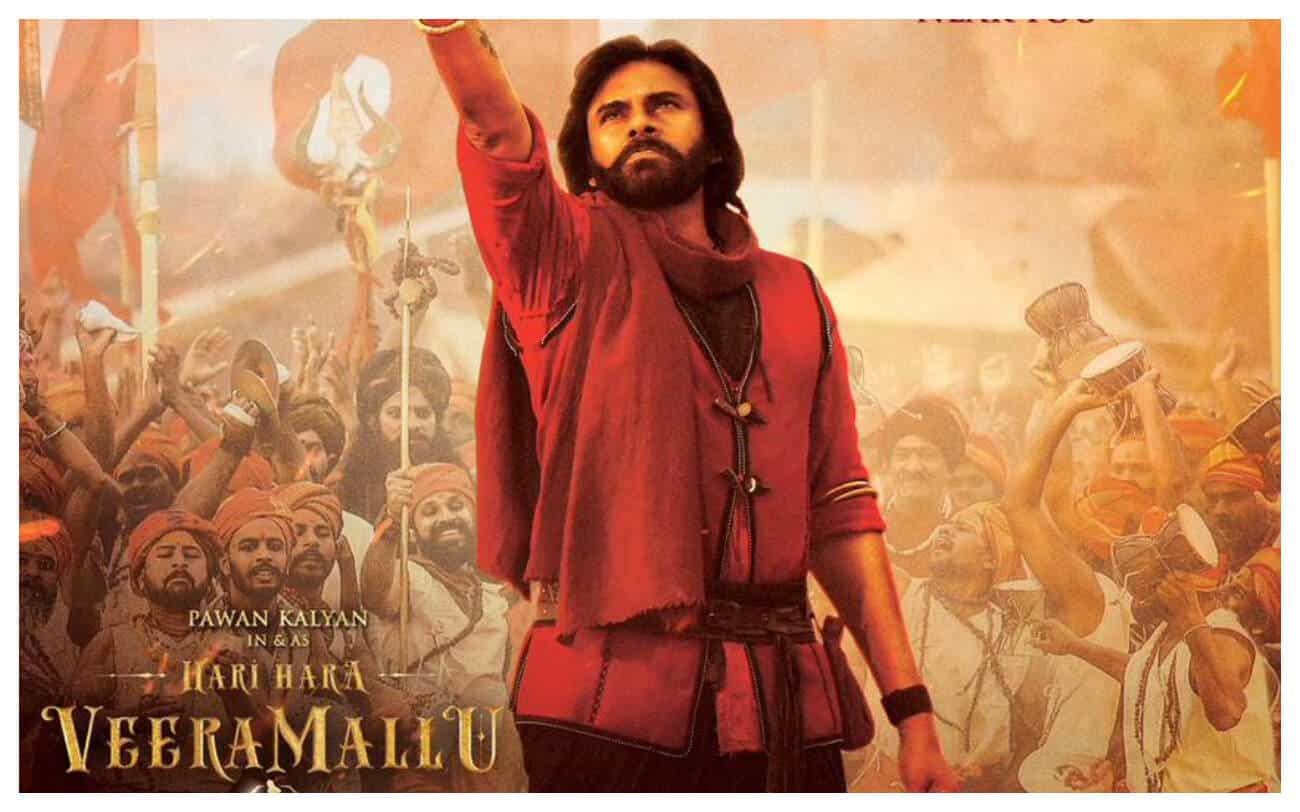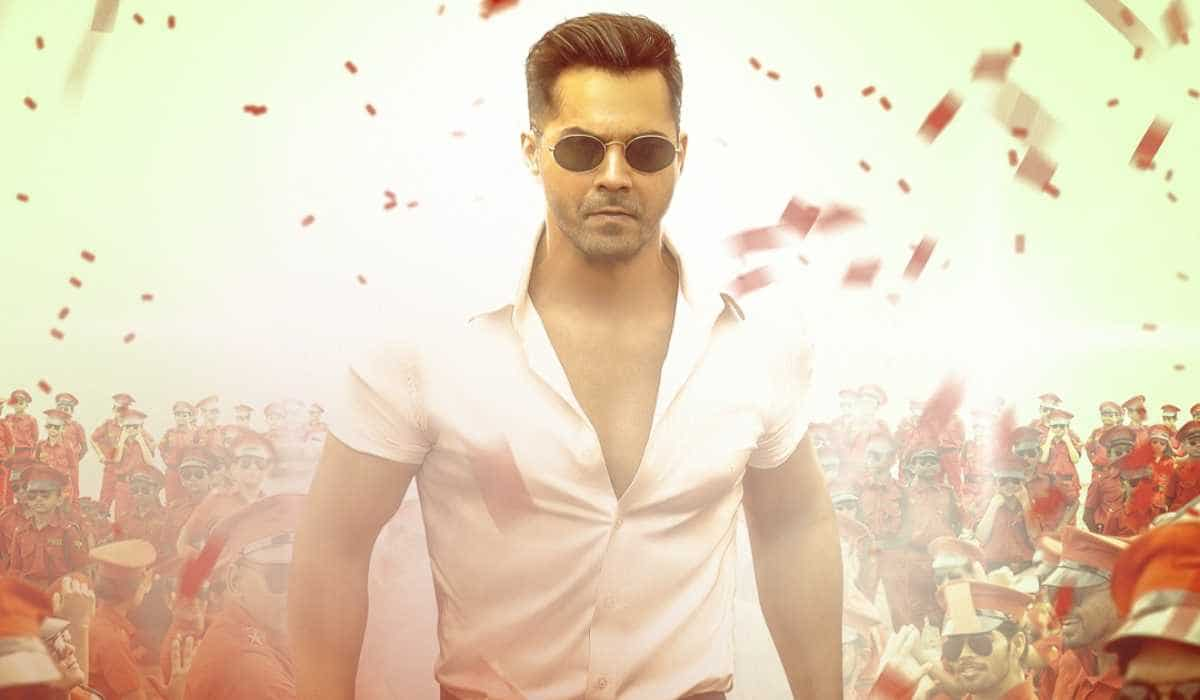
Baby John Review: Varun Dhawan's Latest Actioner Fails to Break Free from Formulaic Tropes
3 months ago | 5 Views
Baby John's story:
Following the assassination of Babbar Sher's son by DCP Satya Verma IPS (portrayed by Varun Dhawan) due to a grave offence, a fierce power conflict ensues between the two. This confrontation culminates in Babbar wreaking havoc on Satya's family. With only his daughter Khushi (played by Zara Zyanna) managing to survive, Satya feigns his own death, allowing him and Khushi to seek a peaceful existence in Kerala under the alias Baby John. As Babbar Sher poses a threat to their newfound tranquillity upon discovering Satya's survival, Satya embarks on a quest for revenge while safeguarding Khushi.
Baby John's review:
Baby John has garnered attention! Varun Dhawan characterizes the film as a Hindi adaptation of the 2016 Tamil movie Theri, rather than a direct remake. In discussing the film featuring Vijay, it is noteworthy that this project represented a significant achievement for Atlee, who had made his directorial debut with Raja Rani in 2013, just three years earlier. At the time of their collaboration, the actor was already a prominent figure in the Tamil film industry, significantly enhancing the director's career and leading to further collaborations between them. Upon its release, Theri faced criticism for its conventional subplots; however, its melodramatic elements contributed to its distinction and success as a blockbuster. Will "Baby John" experience a similar trajectory? We shall see.
When engaging with a remake or adaptation, viewers who are familiar with the original often face certain challenges. Recently, I revisited Theri in preparation for the release of Baby John, aiming to evaluate how effectively the film translates its scenes into Hindi and its relevance in contemporary society. Unfortunately, the endeavour appears to be in vain.
In contrast to Theri, which centres around a rape case, Baby John delves into the issue of human trafficking as a precursor to this crime. Jackie Shroff's portrayal of the antagonist as a notorious gangster, who neglects personal hygiene even while surrounded by stacks of money, is noteworthy. The transition from a well-groomed politician in white attire to a menacing villain may have been a deliberate choice, yet it ultimately results in a negative impact.
The film fundamentally hinges on a predictable and clichéd revenge narrative. The tale of a principled police officer seeking vengeance for personal loss is a familiar trope within Bollywood, and Baby John fails to offer any fresh perspective on this aspect. While the story occasionally incorporates flashback sequences, its overall predictability and linear structure diminish the potential for genuine surprises, rendering it a mere reiteration of numerous action dramas that have come before.
The emotional interplay between Varun and his on-screen daughter Zara is genuinely poignant; however, the dialogue frequently undermines this bond. This raises the question: what causes this disconnect? Despite Atlee's collaboration with Kalees and Sumit Arora on the screenplay, the storyline bore a notable resemblance to a dubbed adaptation of Theri. Reuben's uneven editing, which was somewhat effective in Theri, did not translate well here, as it sought to replicate every line and angle in a similar fashion.
The 2023 blockbuster Jawan marked a significant introduction of Atlee's cinematic style to Bollywood. The film adeptly aligned with Bollywood's sensibilities, largely owing to Shah Rukh Khan's participation. While it preserved elements characteristic of Tamil cinema, it set itself apart through a deep exploration of political themes.
As for Baby John, the narrative remains relevant; however, in the eight years since its debut, numerous films and series have tackled this theme, with many achieving considerable success. Despite Varun's potential as an action star, his consistent arrogance in every role prevents him from reaching his full capabilities.
Nevertheless, if the film resonated with me at all, albeit to a limited degree, it was mainly due to the actor's impressive skill in portraying two distinct characters who alternately take centre stage.
Kalees, much like his mentor, emphasizes style over substance, relying heavily on polished visuals, dynamic action sequences, and exaggerated heroism—often at the expense of logical coherence. Each scene featuring Varun resembles an introductory moment, a trend that has become prevalent in the South Indian film industry and is now infiltrating other regions as well.
Varun's seemingly invulnerable nature in battle and his seamless transition to a new life after faking his death, combined with a fragmented screenplay, further detract from the film's credibility. While these scenes may aim to entertain on their own, they ultimately compromise the film's realism and emotional weight.
If this work is indeed an adaptation, a minor adjustment would have been advantageous, as Baby John's dependence on clichéd tropes diminishes its narrative strength. The film tends to marginalize female characters, particularly Meera (Keerthy Suresh) and her daughter Khushi, confining them to roles that primarily support the hero's journey rather than allowing them to be fully developed individuals. Although I expected a twist in Theri concerning the second lead, I found no surprise in its occurrence here. Regarding Tara (Wamiqa Gabbi), despite her character's lack of contribution to the plot, her performance did not enhance her presence on screen as it had in her previous web series.
Keerthy Suresh's character plays a pivotal role in Varun's emotional development. However, her limited presence, mostly through flashbacks, restricts opportunities for substantial character growth. This marks a disappointing Bollywood debut, failing to create a lasting impression.
Jackie Shroff's performance as the antagonist, while measured, is ultimately let down by the simplistic characterization. His motivations lack depth, rendering him a forgettable villain within an otherwise emotionally rich narrative.
The first half of the film successfully intertwines action, romance, and emotional beats; however, the second half tends to drag, creating a sense of uneven pacing. The abrupt shifts between emotional flashbacks and contemporary action scenes frequently disrupt the narrative flow, drawing attention to the inconsistent and rushed editing rather than the screenplay or the performances. Furthermore, Kalees follows Atlee's inclination towards melodrama, which sometimes overshadows the storytelling, causing certain emotional moments to feel contrived rather than genuine. The direct translation of dialogues, particularly in comedic segments, contributes significantly to this issue.
The film includes a moment in which Rajpal Yadav, known for his expressionless demeanour, proclaims, "Comedy is a serious business," prompting enthusiastic applause from my fellow critics. Nevertheless, the creators intended this statement solely for effect, failing to incorporate it meaningfully into the narrative.
Baby John manages to stand out in brief moments but ultimately does not ignite the screen.
Baby John verdict:
Baby John tries to rock the cradle of Bollywood with South Indian masala but ends up crying over spilt milk. While Varun Dhawan flexes his dual avatars, the film crawls in its crib of clichés, unable to walk the tightrope between style and substance.
Read Also: Mohanlal's Barroz: A 3D Dream That Turns into a Drowsy Reality


